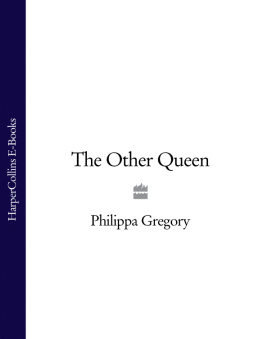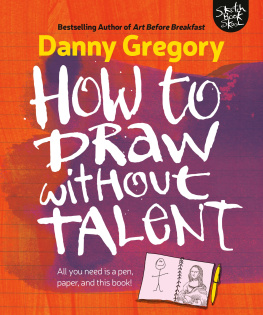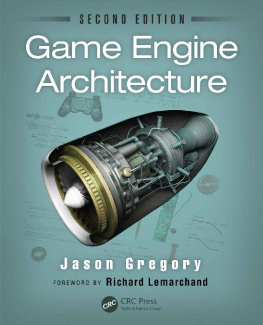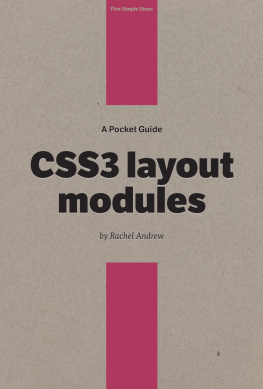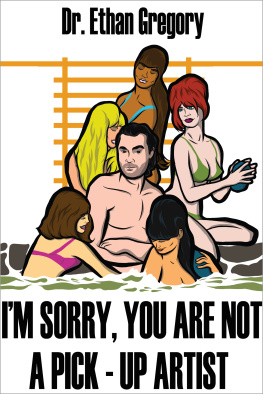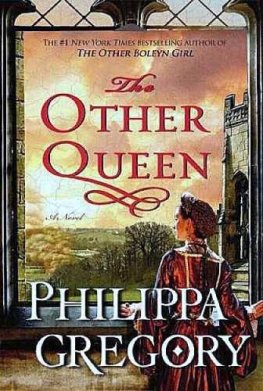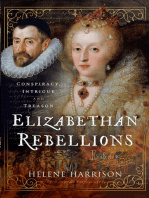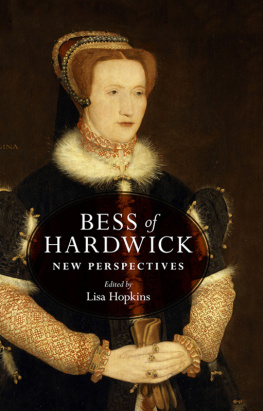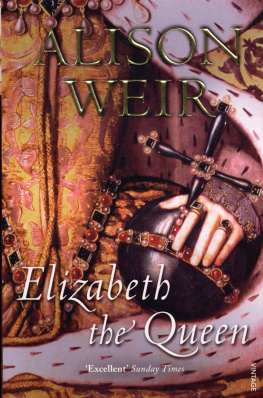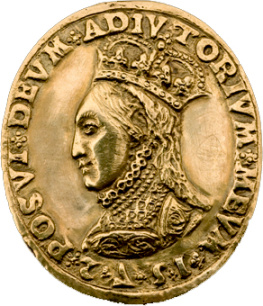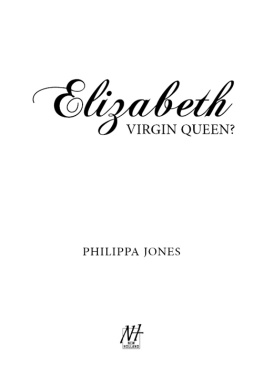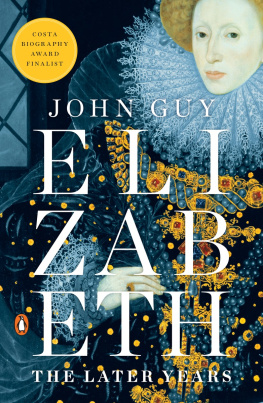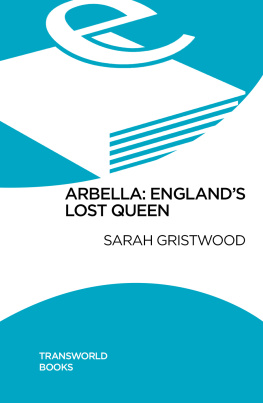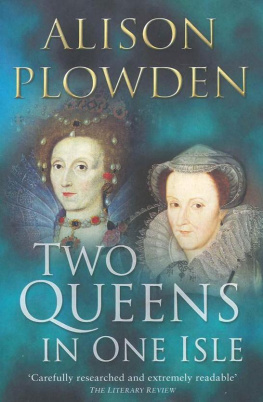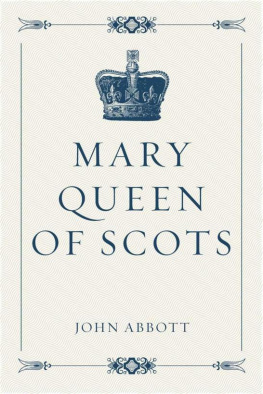Every woman should marry for her own advantage since her husband will represent her, as visible as her front door, for the rest of his life. If she chooses a wastrel she will be avoided by all her neighbours as a poor woman; catch a duke and she will be Your Grace, and everyone will be her friend. She can be pious, she can be learned, she can be witty and wise and beautiful; but if she is married to a fool she will be that poor Mrs Fool until the day he dies.
And I have good reason to respect my own opinion in the matter of husbands having had three of them, and each one, God bless him, served as stepping stone to the next until I got my fourth, my earl, and I am now my lady Countess of Shrewsbury: a rise greater than that of any woman I know. I am where I am today by making the most of myself, and getting the best price for what I could bring to market. I am a self-made woman self-made, self-polished and self-sold and proud of it.
Indeed, no woman in England has done better than me. For though we have a queen on the throne, she is only there by the skill of her mother, and the feebleness of her fathers other stock, and not through any great gifts of her own. If you kept a Tudor for a breeder you would eat him for meat in your second winter. They are poor weak beasts, and this Tudor queen must make up her mind to wed, bed and breed, or the country will be ruined.
If she does not give us a bonny Protestant boy then she will abandon us to disaster, for her heir is another woman: a young woman, a vain woman, a sinful woman, an idolatrous Papist woman, God forgive her errors, and save us from the destruction she will bring us. Some days you hear one story of Mary Queen of Scots, some days another. What you will never, never hear, even if you listen a hundred times, even when the story is told by her adoring admirers, is the story of a woman who consults her own interest, thinks for herself, and marries for her best advantage. But since in this life a woman is a piece of property, she does well to consider her improvement, her sale at the best price and her future ownership. What else? Shall she let herself tumble down?
A pity that such a foolish young woman should be foisted on me and my household, even for a short stay, while Her Majesty Elizabeth the Queen decides what is to be done with this most awkward guest. But no house in the kingdom can be trusted to entertain and yes secure her like mine. No husband in England could be trusted with such a Salome dancing on his terrace but mine. Only my household is run with such discipline that we can accommodate a queen of royal blood in the style that she commands and with the safety that she must have. Only my newly wedded husband is so dotingly fond of me that he is safe under the same roof as such a temptress.
No-one knows of this arrangement yet; it has been decided in secret by my good friend Secretary William Cecil and by me. As soon as this hopeless queen arrived in rags at Whitehaven, driven from Scotland by her rebellious lords, Cecil sent me a short note by an unknown messenger to ask if I would house her, and I sent him a one-word reply: yes. Yes indeed! I am honoured by Cecils faith in me. From such trust comes great challenges, and from great challenges come great rewards. This new world of Elizabeths is for those who can see their chances and take them. I foresee honours and riches if we can host this royal cousin and keep her close. Cecil can rely on me. I shall guard her and befriend her, I shall house and feed her, I shall treat her royally and honourably and keep her safe as a little bird in the nest till the moment of his choosing, when I will hand her over intact to his hangman.
I am nobodys agent. I am no bought opinion. I am no hired blade. I am neither Cecils spy nor executioner. I wish to God that I were not here in London, on this bad business, but home at Chatsworth House with my darling innocent wife Bess, in the simple country and far away from the conspiracies and perils of court. I cant say that I am happy. I cant say that I like this. But I will do my duty God knows that I always do my duty.
You have been summoned for nothing but to order the death of Mary Queen of Scots, Thomas Howard hisses in my ear as he catches up with me in a gallery at Hampton Court. They have closed the shutters for cleaning and the place is shadowy in the early-evening dusk. The portraits on the walls seem to show pale-faced listeners leaning forward to hear as Howard takes my arm to warn me of dangers that I already fear.
We are to throw suspicion on her. Nothing else. Dont deceive yourself. Cecil decided that this queen was a threat to the kingdom, from the moment of her birth. She may think that she has escaped her enemies in Scotland to sanctuary in England; but she has just exchanged one danger for another. Cecil has decided that she must die. This is his third attempt to convict her. We are to be his hangmen, without opinions of our own.
I look down at Howard; he is a small man, well-dressed and neat with a well-trimmed black beard and bright dark eyes. Today he is almost dancing with fury at the queens minister. We all resent Cecil, all us old lords; but it rubs Howard worse than any other. He is the queens cousin, the head of the Howard family, he is the Duke of Norfolk, he would expect to be her chief advisor but she depends on Cecil and always has done.
I have been appointed by the queen herself to inquire into the conduct of her cousin the Queen of Scots. I am no hangman, I say with quiet dignity. A man goes past, and hesitates as if to listen to our conversation.
Howard shakes his dark head at my naivety. Elizabeth may want the Queen of Scots name cleared. But William Cecil is not notorious for his soft heart. He wants the Protestant faith to rule Scotland as England, and the Catholic queen to lie in jail, or in her coffin. Either suits him equally well. He will never agree that she is guilty of nothing and must be restored to her throne.
I cannot argue against Howards irritable righteousness. I know that he is speaking only the truth. But he is speaking it too loud and too clear for my liking. Anyone could be behind the tapestry screens, and though the stranger has strolled on, he must have heard some of this.
Hush, I say and draw him to a seat so that we can whisper. At once we look like conspirators, but the whole court looks like conspirators or spies these days. What can we do? I ask him quietly. Cecil has called this inquiry to hear the evidence against the Scots queen, to judge whether she should be restored to her throne, whether she is fit to rule. What can we do to make sure that she is treated justly?
We have to save her, Howard says firmly. We have to declare her innocent of murdering her husband, and we have to restore her to her throne in Scotland. We have to accept her claim to be Elizabeths heir. She must be confirmed as heir to the throne of England when He breaks off. Not even Howard dares mention the death of his cousin the queen. When the time comes. Only the confirmed inheritance of Mary Stuart will give us the safety of knowing our next monarch. We have a right to know the heir. We have to fight her cause as if it were our own.
He sees my hesitation. A couple of men go by and look curiously at the two of us. I feel conspicuous and get to my feet.
Walk with me, Howard says. And listen. We have to fight her cause as if it were our own because it is our own. Say that we let Cecil imprison her, or trump up a charge of murder and accuse her. What do you think happens then?
I wait.
What if next he decides that I am a danger to the kingdom? What then? What if after me, he names you?
I try to laugh. He is hardly likely to accuse you, or me. We are the greatest men in England. I am the greatest landowner north of the Trent and you are the queens own cousin and a duke.

